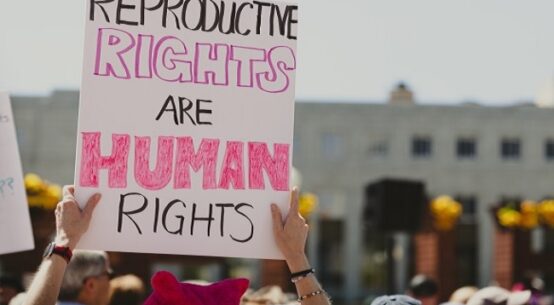The refugees that populate the world are a good reminder that ordinary states don’t fail but the world as a whole has failed. These failures are global in nature and show that coping mechanisms of society in general have failed. The clash with economics and sociology versus politics is hitting the world. As the world continues to pursue goals which are largely ideological or ethnic in nature, humans pay the price. The following list is a grim reminder of states that sent millions to misery.
1. Syria — 6.8 million refugees and asylum-seekers pushed out by the civil war there. Most are in Turkey – 3.7 million – the world’s largest refugee hosting country. About 6.7 million Syrians remain displaced inside the country.
2. Venezuela — 5.4 million refugees are pushed out by economic and political instability.
3. Afghanistan — 2.8 million refugees and asylum seekers due to conflict and disasters. Another 3 million are displaced within the country. Pakistan hosts nearly 1.4 million people.
4. South Sudan — 2.2 million refugees caused by conflict within Sudan. About 1.6 million people are displaced within the country.
5. Myanmar – 1.1 million Rohingya refugees and asylum-seekers pushed out by successive governments.
6. Democratic Republic of the Congo — 1 million refugees and asylum-seekers. About 5.2 million are internally displaced.
7. Somalia — 800,000 refugees and asylum-seekers
The host countries
The host countries list shows that refugees form a significant part of their own population.
1. Lebanon – 21.8 per cent of the total population
2. Jordan – 10.7 percent of the population
3. Turkey – 5.1 per cent
4. Liberia – 4.6 per cent
5. Uganda – 3.8 per cent
6. Nauru – 3.2 per cent*
7. Malta – 2.7 per cent
8. Djibouti – 2.7 per cent
9. Sweden – 2.7 per cent
10. Sudan – 2.5 per cent
The situation is a terrifying reading which says that the world’s states are political disasters and need help to survive. That help is missing as each country which causes refugees to happen are themselves victims of politically failing to do so.
Bangladesh and Rohingyas
Bangladesh, with 675,000 (0.4%) of its population, is a major recipient country of refugees, all from Myanmar. It’s a state that has failed to even come to terms with its internal conflict, political, ethnic and now increasingly global. As one of the most vulnerable groups in Myanmar, the decisions by various governments to push them out have been very convenient politically. The Rohingyas have faced the brunt for that reason as Myanmar faces threats internally at a mega level.
Its central government controls only a part of the country and most areas have been outside this for decades. But the warring factions are supported by China and other countries. However, Rohingyas are not just one of the weakest minority, its much easier to hate and use public sentiments. Not only are they not SE Asians of Mongoloid origin but a brown and dark complexioned people who originate from Bangladesh many years ago.
But these people have been living in Myanmar for a couple of centuries and had at one time enjoyed citizenship status too. However, it is politically convenient to make them scapegoats to manage internal conflicts though as history shows this has always failed.
Today, Myanmar is worse off than ever before and the world looks upon it with both anxiety and contempt as a state unable to handle its own problems without generating refugees, ethnic cleansing and large scale internal conflict.
In the end, the problems never get resolved and refugee generation becomes the great by-product of these failed governance systems.
Refugees will not disappear
There is a certain refusal to accept that refugee production is a problem of the global political system which has not been properly examined. The result is the birth of global institutions like the UN which are largely ineffective. That the UN is so low functional could be the result of the dysfunctionality of the member states is less discussed.
For the moment hope is less as small wars continue and they mostly push the people into abyss. There is no big war as the superpowers are far more interested in promoting proxy wars and that’s how the winds of such bloody conflicts have been blowing.
Therefore it’s better to wish that the many governments that populate the world will realize that instability affects both the perpetrator and the victims and in the end everyone pays a price as the Myanmar example shows. None are safe in a refugee ridden world.
Afsan Chowdhury is a journalist, columnist and liberation war researcher. He received Bangla Academy Award in 2018 for his contribution to the liberation war literature.

